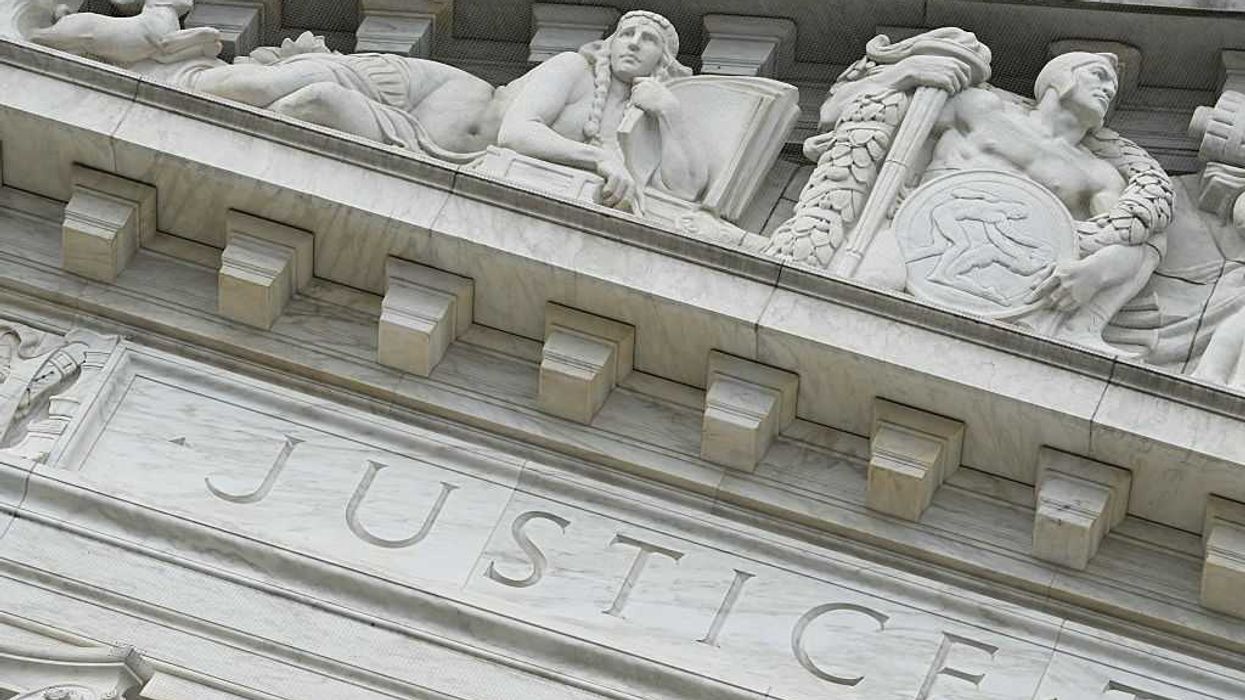
© 2025 Blaze Media LLC. All rights reserved.
“[T]hree out of four of the nearly 1 million hires this year are part-time and many of the jobs are low-paid."
Hiring has improved since the financial crash of 2008, but the positions being filled are mostly low-wage and part-time gigs, according to a new analysis by Reuters.
“[T]hree out of four of the nearly 1 million hires this year are part-time and many of the jobs are low-paid,” the report reads.
Sluggish economic growth and uncertainty over the implementation of the Affordable Care Act have made it such that employers are primarily interested in part-time workers, according to executives at staffing and payroll firms.
“Employers say part-timers offer them flexibility,” Reuters explains. “If the economy picks up, they can quickly offer full-time work. If orders dry up, they know costs are under control. It also helps them to curb costs they might face under the Affordable Care Act, also known as Obamacare.”
“This can all become a less-than-virtuous cycle as new employees, who are mainly in lower wage businesses such as retail and food services, do not have the disposable income to drive demand for goods and services,” the report adds.
President Barack Obama’s health care overhaul has been one of the main drivers in the trend toward part-time work, staffing firm executives told Reuters. The law recognizes 30 hours or more per week as “full-time.” So certain businesses, including clothing outlet Forever 21, have cut their employees’ hours to a shade below 30 hours.
"Us and other people are hiring part-time because we don't know what the costs are going to be to hire full-time," said Steven Raz, founder of Cornerstone Search Group. "We are being cautious."
Raz said the increase in part-time jobs began in 2012 and has grown exponentially in 2013. In fact, he noted, his staffing firm has seen an increase of roughly 15 percent from this time last year. Other staffing firms confirmed the trend.
"They have put some of the full-time positions on hold and are hiring part-time employees so they won't have to pay out the benefits," said Client Staffing Solutions' Darin Hovendick. "There is so much uncertainty. It's really tough to design a budget when you don't know the final cost involved."
And the White House’s recent decision to delay the so-called employer mandate has apparently done little to calm fears over the law.
It has "confused people even further," said Bill Peppler, managing partner at Kavaliro. "When we talk to customers, I still don't think anyone has a handle on this."
But let’s not forget about the sluggish economy. Obamacare isn't the only thing holding back hiring.
Indeed, according to the San Francisco Federal Reserve Bank, uncertainty over fiscal and regulatory policy was the reason U.S. unemployment at the end of 2012 was 1.3 percentage points higher than it should have been.
Uncertainty regarding government policies, the implementation of Obamacare, and the future of the global economy have all worked to discourage businesses from investing in full-time workers.
Hence the part-time economy.
Click here to read more on the Reuters analysis.
–
Follow Becket Adams (@BecketAdams) on Twitter
[related]
Want to leave a tip?
We answer to you. Help keep our content free of advertisers and big tech censorship by leaving a tip today.
Want to join the conversation?
Already a subscriber?
more stories
Sign up for the Blaze newsletter
By signing up, you agree to our Privacy Policy and Terms of Use, and agree to receive content that may sometimes include advertisements. You may opt out at any time.
Related Content
© 2025 Blaze Media LLC. All rights reserved.
Get the stories that matter most delivered directly to your inbox.
By signing up, you agree to our Privacy Policy and Terms of Use, and agree to receive content that may sometimes include advertisements. You may opt out at any time.






